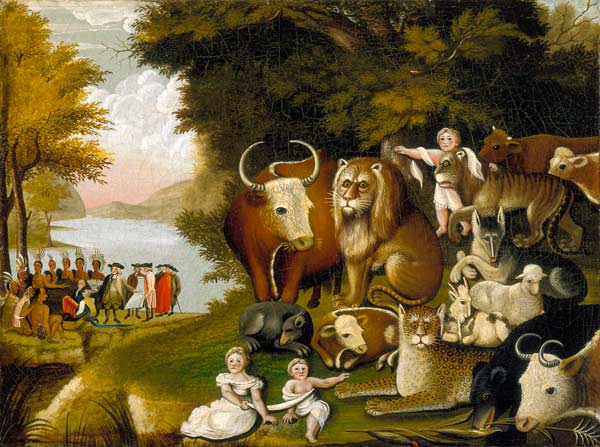Lesson 17: Techno-Utopian-Drift
Franz and I intentionally used the term “vision of the future” for hope’s promise. Nonetheless, my discussion groups frequently characterized it as utopian. An online conversation with Paul about what he calls techno-utopian-drift, or TUD, convinced me to examine further society’s growing dependence on technology. Both of us believe it is important that society makes […]









 Frontline Study is an online discussion of the scriptures, inviting you to share your comments and your reflections on each weekly topic. Simply click on the "Add Reply" text at the top of each post to see what others have posted and to add your thoughts.
Frontline Study is an online discussion of the scriptures, inviting you to share your comments and your reflections on each weekly topic. Simply click on the "Add Reply" text at the top of each post to see what others have posted and to add your thoughts.